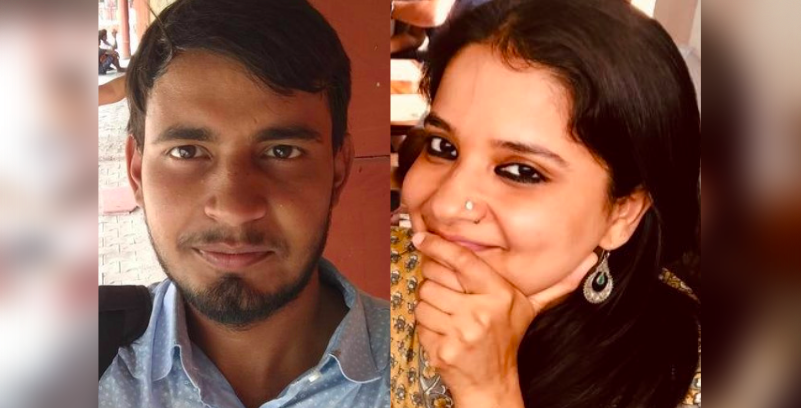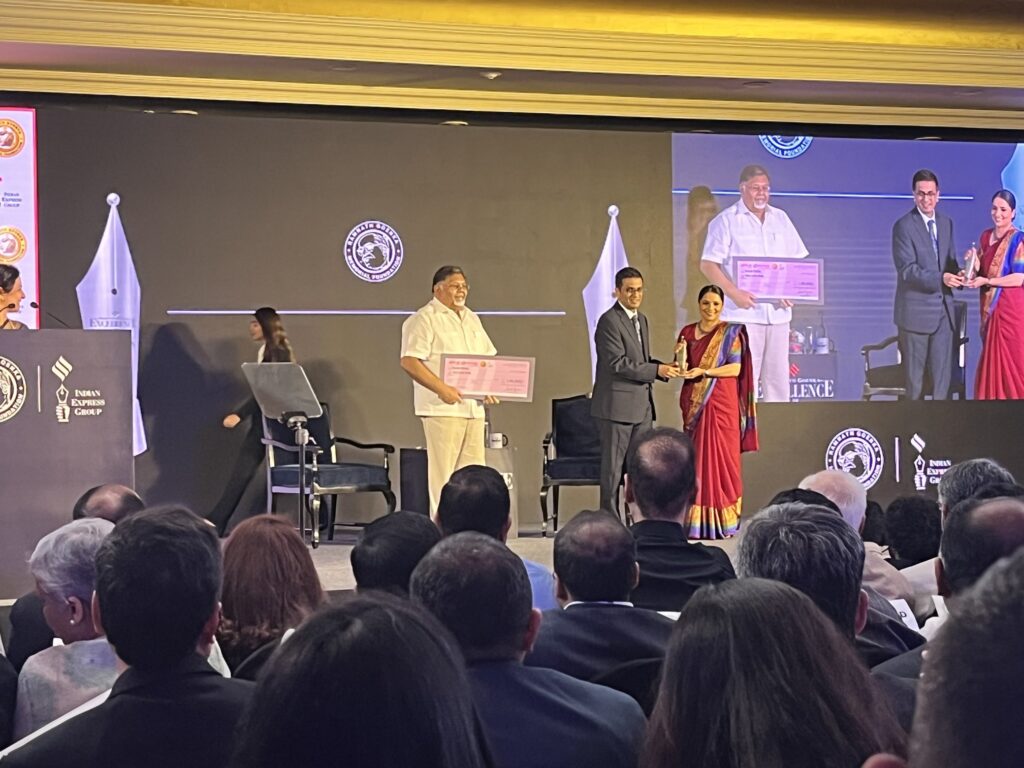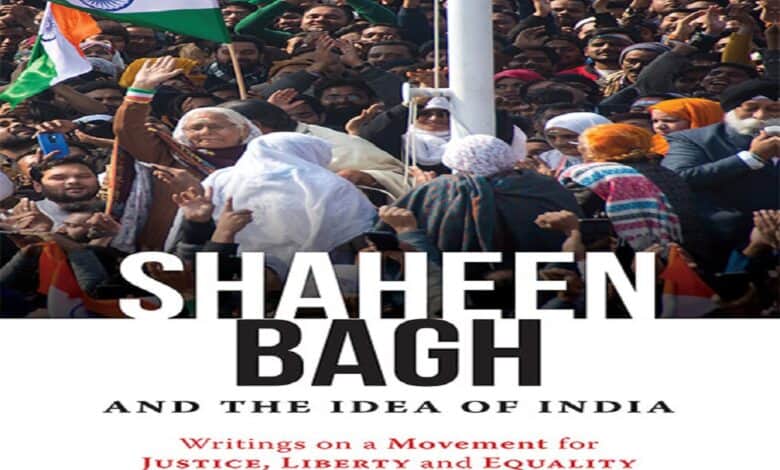NEW DELHI:
Both journalists have won in the Government and Politics category. While Mishra’s piece has won in ‘digital’, Pasha’s is the ‘broadcast’ division winner.

Note: This article was originally published on December 29, 2021, when the awards were announced, and was republished on March 22, 2023, when Chief Justice of India (CJI) D.Y. Chandrachud handed them out.
New Delhi:
Journalists Dheeraj Mishra and Seemi Pasha have won the Ramnath Goenka Award in the Government and Politics category for reports which were published in The Wire, in the ‘digital media’ and ‘broadcast media’ divisions respectively.
Established in 2006, the Ramnath Goenka Excellence in Journalism Awards, is one of the most prestigious honours for journalists in India.
Dheeraj Mishra’s report focused on MPs’ unusually high expenses while travelling, for which he filed “30 to 35 RTIs in each ministry,” tackling enormous data.
It found that violating the guidelines prescribed for streamlining parliamentary committee study tours and cutting down expenses, members of the Lok Sabha and Rajya Sabha have spent crores of taxpayers money on frequent outstation tours.
“The story had a noticeable impact as the Lok Sabha Secretariat issued instructions to sharply curtail [such] expenditure,” the Indian Express noted in its announcement of the award.

Seemi Pasha’s video delved into Jamia Nagar, which in late 2019, developed into a neighbourhood attracting communal hatred from those opposed to the protests against the Citizenship Amendment Act. The otherness of the area was heightened with a brutal police crackdown on students of Jamia Millia Islamia in December 2019.
Even as stories of police brutality on students of Jamia Millia Islamia continue to unravel, the blame is being slowly being shifted to outsiders or locals residing in nearby areas of Batla House, Shaheen Bagh, Zakir Nagar – localities which are loosely referred to as Okhla or Jamia Nagar, the documentary found.
Titled Inside Jamia Nagar, the documentary sought answers for essential social questions. “This is a prominent Muslim ghetto in south Delhi and a place that is often viewed with suspicion. But why is that? What kind of people live here?” it asked.
source: http://www.thewire.in / The Wire / Home> Media / by The Wire Staff /edited by an additional picture via twitter / March 22nd, 2023









